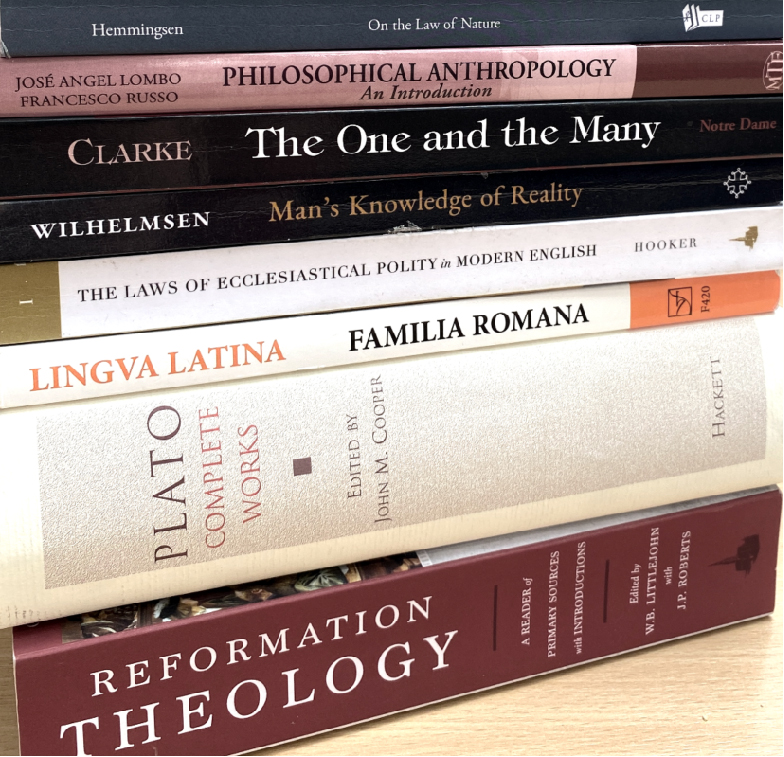Whereas Thomas Aquinas’s Summa Theologiae is aimed primarily at Christians, to educate them in the revealed doctrines of the faith, his Summa Contra Gentiles is more of an apologetic work. The bulk of the work deals with questions of natural theology and reason.
In this seminar, students will study the first half ofSumma Contra Gentiles, narrowing in particularly on Book 1, Chapters 1–44. Among other issues, students will study Thomas’s teaching on faith and reason in divine truths, demonstrating God’s existence, the nature of the negative way, various “negative names” of God and their use throughout the SCG, and different modes of predicating names of God. Although focus will be especially on Thomas’s SCG, students will interface with other works such as the Summa Theologiae and De potentia where appropriate.



